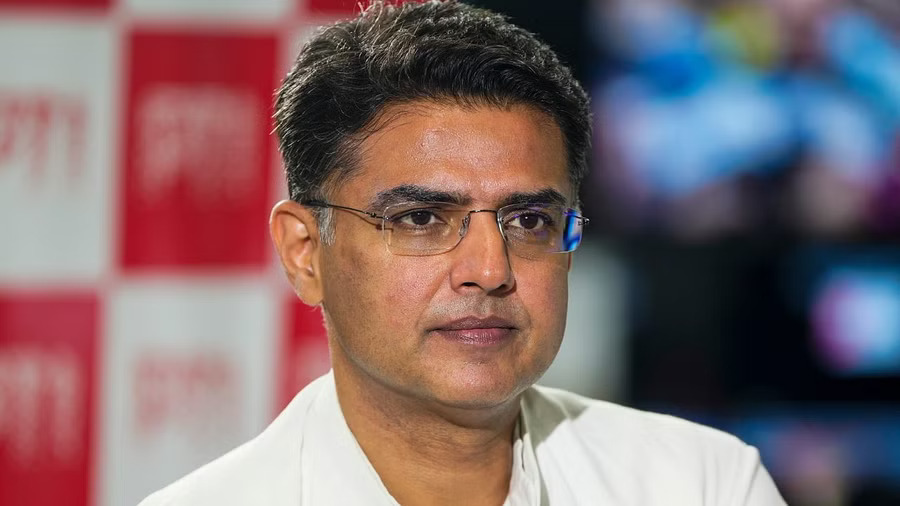Political tensions have surged following a controversial statement by Amit Malviya, the Head of the BJP IT Cell, claiming that “Rajesh Pilot bombed Aizawl.” The assertion has sparked a heated exchange of words within the political spectrum, with Sachin Pilot, senior Congress leader and son of late Rajesh Pilot, offering a sharp rebuttal to counter the claim.
The comment by Amit Malviya was met with immediate backlash from the Congress party and its leaders. Political analysts have noted that such assertions that target individuals or families with a history in public service can exacerbate tensions and detract from substantive discussions on policy and governance.
Sachin Pilot, while responding to the claim, expressed his disappointment over the use of such statements in political discourse. He asserted that responsible leaders should refrain from making comments that trivialize sensitive matters and instead focus on addressing the pressing challenges facing the nation.
The incident highlights the role of communication and rhetoric in shaping public perceptions and opinions. As the country prepares for upcoming elections and debates on critical issues, the use of inflammatory language can overshadow constructive dialogue and impede meaningful discussions on policies and governance.
Political observers stress the need for civil discourse and respectful engagement in political interactions. Constructive debates on issues such as development, welfare, and governance are essential for a vibrant democracy, and responsible political leaders are expected to set a precedent for respectful communication.
As tensions continue to escalate over Amit Malviya’s remark, the incident serves as a reminder of the importance of maintaining decorum and adhering to ethical standards in political discourse. Responsible leadership involves addressing issues with sensitivity and focusing on substantive discussions that can lead to positive outcomes for the nation.
The exchange of statements between Amit Malviya and Sachin Pilot underscores the complexities of political communication in the digital age and the potential impact of such statements on public sentiment and the broader political climate.










